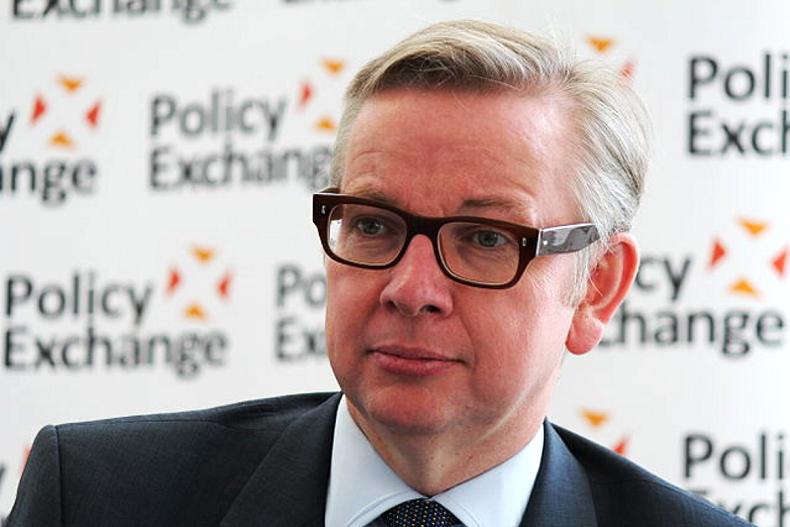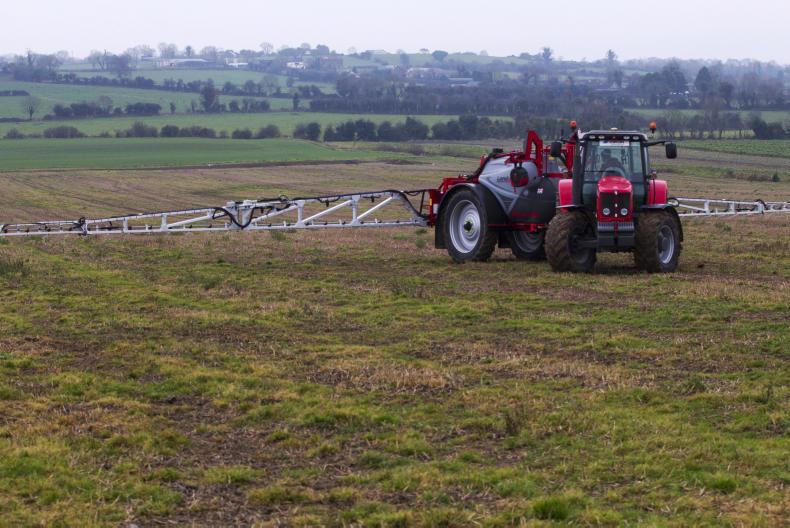The current authorisation period for the herbicide ingredient, used in Monsanto's Roundup, is due to expire on 30 June 2016.
A spokesperson for the European Commission said "there was no qualified majority of member states in favour or against the proposal of extending the current approval of glyphosate for a limited period of time, until the opinion on the substance would be given by the European Agency for Chemical Products (ECHA)."
Under EU law the ECHA has the last word on the carcinogenicity of glyphosate and it is expected to table its report in the next 18 months.
The statement from the spokesperson went on to say that "even though a majority of member states is in favour of the renewal, no qualified majority has been reached, in spite of the Commission's efforts to accommodate requests and concerns from a number of national governments, as well as from the European Parliament".
On Tuesday EU Health and Food Safety Commissioner Vytenis Andriukaitis will inform the College of EU Commissioners on the results of Monday's committee and discuss the next steps to be taken.
It is expected the Commission will take the temporary re-extension proposal to the appeals committee. This is where each member state is invited in and asked about its opinion. If nothing changes following these discussions, the college of 28 Commissioners will likely make a decision on the extension.
If no further vote is taken before 30 June to extend the authorisation period, products containing glyphosate will be withdrawn from the market after a six-month grace period.
Reacting to the news, EU farming organisations umbrella body COPA-COGECA said it is disappointed about the lack of progress in glyphosate reauthorisation and worried about the consequences for the sector.
We r disappointed for the lack of progress in #glyphosate re-authorization & worried about consequences for the sector #Farmers4Glyphosate
— COPA-COGECA (@COPACOGECA) June 6, 2016
Killer blow
IFA grain chair Liam Dunne has previously said that failure to renew the authorisation of glyphosate would deliver "a killer blow" to tillage farming.
"While other users might arguably manage without this active, the removal of glyphosate in the absence of alternative active ingredients to control economically important weeds will deliver a killer blow to the Irish and wider EU tillage sectors,” said Dunne.
Glyphosate is almost universally used ahead of reseeding grassland and it is widely used in tillage farming.
There have been conflicting scientific reports into the potential health effects of glyphosate, with the European Food Safety Authority concluding that “it is unlikely that this substance is carcinogenic” but the World Health Organisation concluding last year that it is a "probable carcinogen".
Lack of support
This is the second time that lack of support for glyphosate re-authorisation has been shown in the last couple of months. In May a specialist European Commission committee failed to agree and take a vote on glyphosate licensing renewal because of opposition from several EU member states.
Minister for Agriculture Michael Creed recently indicated that Ireland was not one of the member states opposed to the proposal from the Commission, saying it “contained appropriate measures”.
UK farming unions publish open letter on glyphosate









SHARING OPTIONS